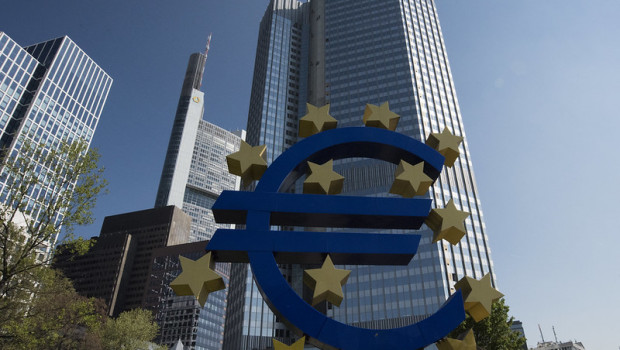Goldman Sachs forecasts eurozone recession in second half

A eurozone recession is coming, Goldman Sachs said in a research note.
The bank said it now expects a 0.1% contraction in the third quarter and a 0.2% contraction in the fourth, before growth resumes in the first quarter of next year.
Goldman cited a deteriorating growth outlook, with the post-Omicron bounce in services largely behind us, reduced supply of Russian gas and high prices, and political instability in Italy, among other things.
The bank noted that incoming activity data for the bloc has weakened significantly further in recent days. The composite flash PMI fell below 50 in July, driven primarily by a sharp weakening of growth in Germany, it said.
"While the softening in industrial activity has been in train for some time, the marked slowing in services growth was a surprise, suggesting that the post-Omicron bounce in services is now mostly behind us," it said. "Moreover, global growth momentum has continued to weaken - reinforcing our below-consensus forecasts for the US and China - consistent with a further sharp drop in euro area PMI new export orders."
Goldman said reduced supply of Russian gas and high prices are set to weigh markedly on activity. “"hile the resumption of partial gas flows through the Nord Stream 1 pipeline after the end of the maintenance period provided some relief, we estimate that the current 40% flow rate (our baseline) will entail a substantial drag on industrial activity as further demand destruction is required to achieve the storage targets," it said.
"Moreover, the risk of further gas flow disruptions persists, as Gazprom announced that gas flows will drop to 20% of capacity through Nord Stream 1 from July 27 and a complete gas supply stop remains a live possibility, especially during the winter months."
It estimated that such a stop would push the eurozone into a sharp recession, with particularly large contractions in Germany and Italy.
GS also argued that the fall of the Draghi government in Italy delays the fiscal policy support of the Recovery Fund and said the 25 September election raises uncertainty around the policy outlook.
Goldman said the reason it expects a modest downturn is that it believes the above headwinds will be cushioned by (1) continued growth in services activity (with a strong tourism season in Spain), (2) ongoing fiscal support (with more energy-related measures to come) and (3) a partial run-down in excess savings.
"We therefore do not think an area-wide recession is inevitable but see a 60% probability over the next year," it said.